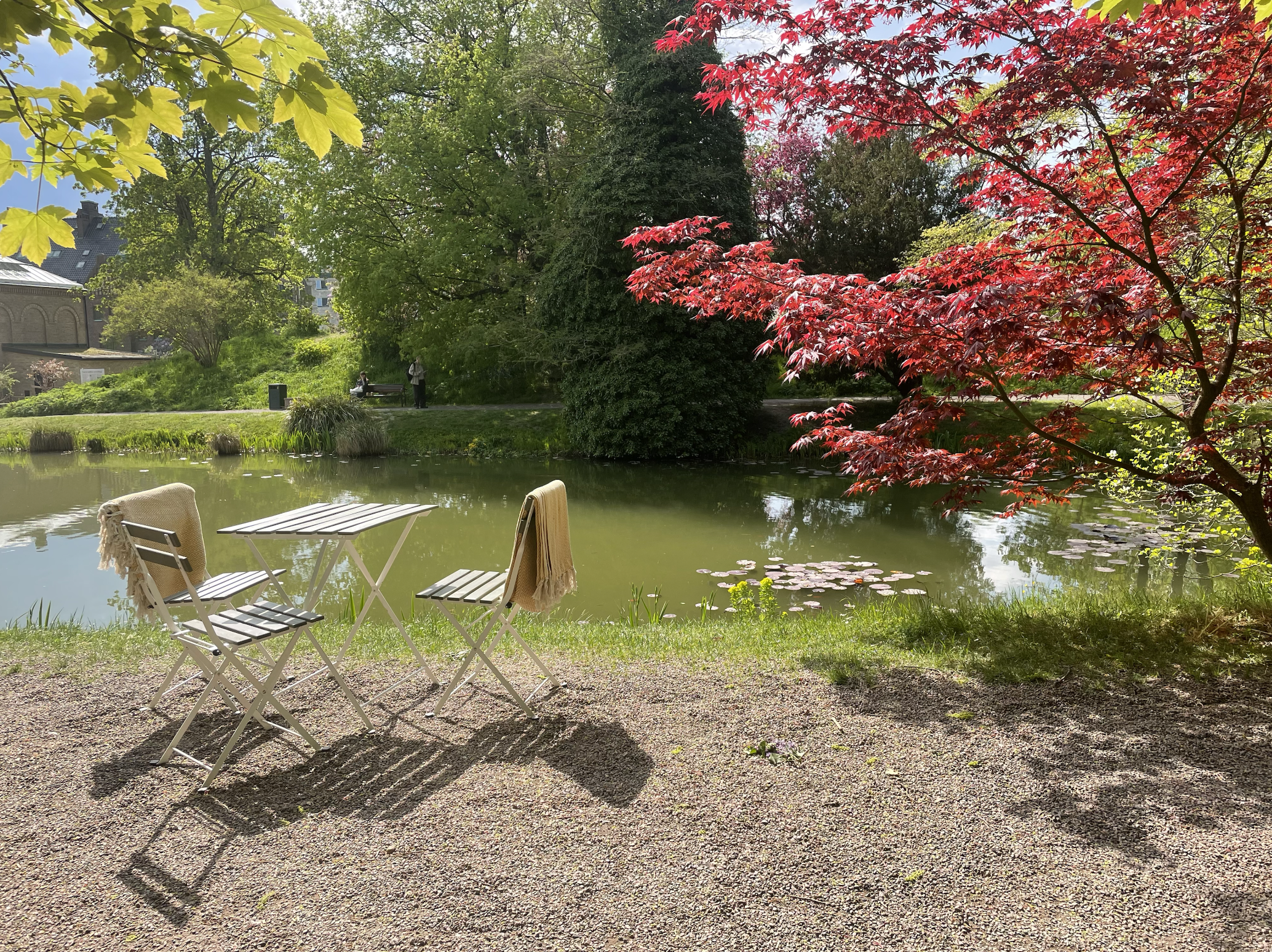
How do teachers describe what they mean by trust in a teaching context? Currently reading Sutherland et al. (2024)
My own work on what makes students trust teachers was inspired by an interview that I did with Rachel Forsyth (in the botanical garden shown in the featured image, and half of it was inaudible on the recording due to wind!) for her and other’s study on what teachers do to build trust with students. They published first results in Felten et al. (2023), and now in Sutherland et al. (2024), which I will summarise below.
The goal of in Sutherland et al. (2024), an interview study with 29 STEM teachers in 4 countries, is to describe teachers’ intentions and understanding of trust. They find four key statement stems: “trust me,” “trust yourself,” “trust each other,” and “I trust you”.
- “trust me” was mentioned first by 26 of the 29 interviewees. This is about building trust between students and the teacher by explicitly showing trustworthiness. Sub-themes here are that the teacher cares about the student learning and success, that they are not going to trick the student or make a fool of them, that they care about the student as a person, that they are an expert, and that the teacher and the students have things in common.
- “trust yourself” is basically about “you can do it!”
- “trust each other” means “you can help each other”
- “I trust you” is not explicitly about academic integrity, but rather about “I trust you to take responsibility for your own learning”
What is interesting here is the strong focus on affect — showing care and concern for students — over cognition, which we also saw in our work with students. The authors also point out that they were surprised by teachers’ strong focus on why students should trust them (and I remember that my own interview started out from there, too), and by how much teachers perceive it as their own responsibility to build trust, rather than a shared responsibility with students. I think here I still feel that it is my job to lead with the behaviour I want to see, e.g. care and trust, while at the same time trusting that students will join me in my efforts, and also seeing that as part of their responsibility. But it is interesting to consider other options. Can students really lead the trust-building in the classroom, and how would they do that? Can there be a culture of mutual trust that is there from the beginning and just strengthened through interactions? How much in the implied “trust yourself!” in the explicit “I trust you” do students actually hear? Probably not so much, and it should probably be communicated a lot more often. Such an interesting topic to continue thinking about!
Sutherland, K. A., Forsyth, R., & Felten, P. (2024). Expressions of Trust: How University STEM Teachers Describe the Role of Trust in their Teaching. Teaching and Learning Inquiry, 12, 1-15.
akhils says:
The post was very good, I appreciate how you explain it, Keep the posts coming! Very good talent.